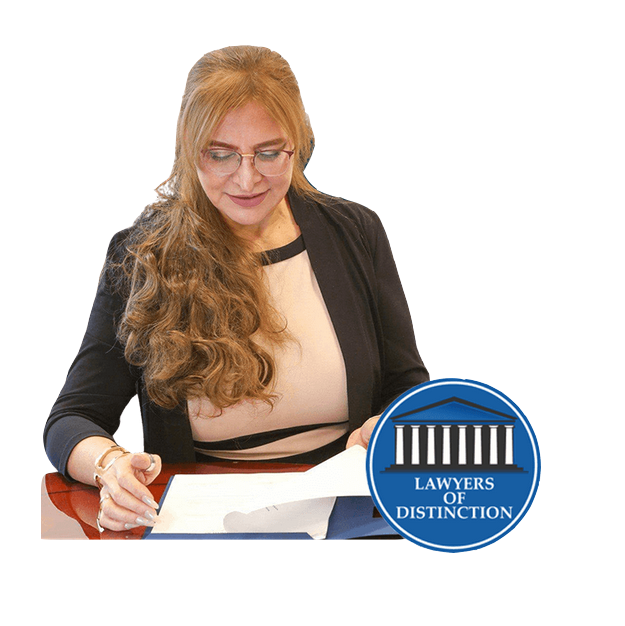Asylum
How to apply for asylum in the U.S.:
To seek asylum, you must already be in the U.S. and believe you will be in danger of persecution if you return to your country. Learn how to seek asylum and sponsor someone else.
To be eligible for asylum, you must be:
Inside the United States
Able to demonstrate that you were
persecuted or have a fear of persecution
in your home country due to your:
Race , Religion , Nationality , Social group , Political opinion , Learn the process of seeking asylum in the U.S., including:
Working in the U.S. Helping family members seek asylum Filing for permanent residence (Green Card) How to sponsor an asylum seeker If you came to the U.S. in the last 2 years as an asylee, you may be able to sponsor your spouse and qualifying children to join you. Find out how to sponsor your family member for asylum. Learn: How to qualify as a sponsor Who is eligible to be sponsored to come to the U.S. How to download and fill out Form I-730 to request asylum for your family member

What qualifies someone for Asylum?
To seek asylum, you must already be in the U.S. and believe you will be in danger of persecution if you return to your country. Learn how to seek asylum and sponsor someone else. Able to demonstrate that you were persecuted or have a fear of persecution in your home country due to your: Race.
What is the easiest way to apply for asylum?
To apply for asylum affirmatively or defensively, file a Form I-589, Application for Asylum and for Withholding of Removal, within 1 year of your arrival to the United States. Visit our Obtaining Asylum in the United States page for more information on affirmative and defensive filings.


What are the 2 types of asylum? Forms of asylum?
There are two paths to claim asylum in the U.S. The affirmative asylum process is for individuals who are not in removal proceedings and the defensive asylum process is for individuals who are in removal proceedings.
Asylum requirements You can seek asylum only if you:
- -Fear of persecution in your home country,
- -Are physically in the United States,
- -Arrived in the U.S. less than one year ago (with some exceptions)
- -Have not already resettled in another country
- -Have not committed certain crimes or are
- considered a threat to U.S. safety or security.


New Asylum Rule in 2023
The bill would shorten the current waiting period for an Employment Authorization Document (EAD), otherwise known as a work permit, for asylum seekers from 180 days to 30 days provided that the asylum seekers entered the U.S. through an official port of entry (POE).
Asylum and refugee status:
Where can I apply for asylum? There are countries where the national authorities have assumed responsibility to receive and register asylum applications and others where, in the absence of a national procedure, applications may be lodged with the UNHCR. If you do not know which is the authority responsible for receiving and registering asylum applications in the country where you are, please check with the UNHCR office in that country.
What is the difference between a refugee and a migrant?
Migrants choose to move not because of a direct threat of persecution or serious human rights violations, but for a range of other reasons. This can include seeking to improve their lives by finding work, or in some cases for education, family reunion, or other reasons. Unlike refugees who cannot safely return home, migrants face no such impediment to return. If they choose to return home, they will continue to receive the protection of their government.
Refugees are persons fleeing the risk of persecution or serious harm, including human rights violations, armed conflict or persecution. In the absence of protection in their countries of origin, which the State is unwilling or unable to provide, they are forced to cross an international border and seek safety in other countries. They thus fall within the internationally recognized definition of “refugees” with access to assistance from States, UNHCR, and other organizations. They are so recognized precisely because it is too dangerous for them to return home, and they need international protection elsewhere


Can You Apply for Asylum Outside the U.S.?
By definition you can apply for asylum inside the U.S. U.S. law states that asylum can only be applied for by individuals who are physically present in the United States or have arrived at a designated port of entry. You can apply for asylum from within the U.S. by submitting an affirmative application to USCIS or during removal proceedings. Applying for asylum at a U.S. border is also an option, but it may lead to detention. Applying for asylum at a U.S. embassy or consulate is not possible as they do not process asylum applications. If you are outside the U.S., you can consider applying for refugee status through the UNHCR and then seek resettlement in the U.S. if eligible.
Evane (Donya) K. Abbassi, JD, LLM
Our managing attorney Evane K. Abbassi (Donya), is an engineer who has a doctorate and post doctorate degrees in law. She has been working with many prominent, high net worth families all over the U.S. and has been helping clients establish their family legacies. Evane K. Abbassi created the Abbassi Law Firm to leave her own legacy here in California and is excited about the law firm’s success.
In her spare time, Evane Abbassi loves to read and has a good size home library which she is proud of. She enjoys power walking and biking, and in the winter, she loves skiing. She also loves traveling; her latest trips have been to Hawaii and the Grand Canyon. On the weekends – if she isn’t working – she is taking short day trips to San Francisco, San Diego, Santa Barbara or the Carmel areas.


Evane K. Abbassi: Lawyer of Distinction
Lawyers of Distinction range from not only attorneys across the U.S. but across the globe, and are specially nominated through a prestigious selection process. From a categorical test on knowledge of practice and achievements to ethical behavior and a final selection, attorney Abbassi was among the few who garnered this exclusive award.
Every client deserves personalized legal care and an
attorney that gives the client his/her undivided attention.
– Evane K. Abbassi JD, LLM –

DISCLAIMER
The purpose of this web site is to provide general information about the abbassi law firm. The information and the materials contained on this web site have been prepared by out attorneys solely for general information purposes and are not intended and should not be interpreted as legal advice or legal opinion of any nature whatsoever. The transmission, receipt or use of this web site does not constitute nor create an attorney-client relationship. No recipients of content from this web site should take any action or refrain from action based upon any or all of the contents of this web site. Please further note that the act of sending electronic mail to abbassi law firm will not creat an attorney-client relationship or impose any obligation on our firm and office. Any electronic communication between you and abbassi law firm may not be secure; and, unless you are already a client of our office, will not be privileged and may be disclosed to other persons. Therfore, you should not send abbassi law firm any e-mail that contains confidential or sensitive information. Abbassi law firm does not warrant that the information contained in this web site is accurate or complete, a hereby disclaims any and all liability to any person for any loss or damage caused by errors or omissions, whether such errors or omissions result from negligence, accident or any other cause. Abbassi law firm is not responsible for, and makes no representations or warranties about, the contents of web sites to which links may be provided from this web site.